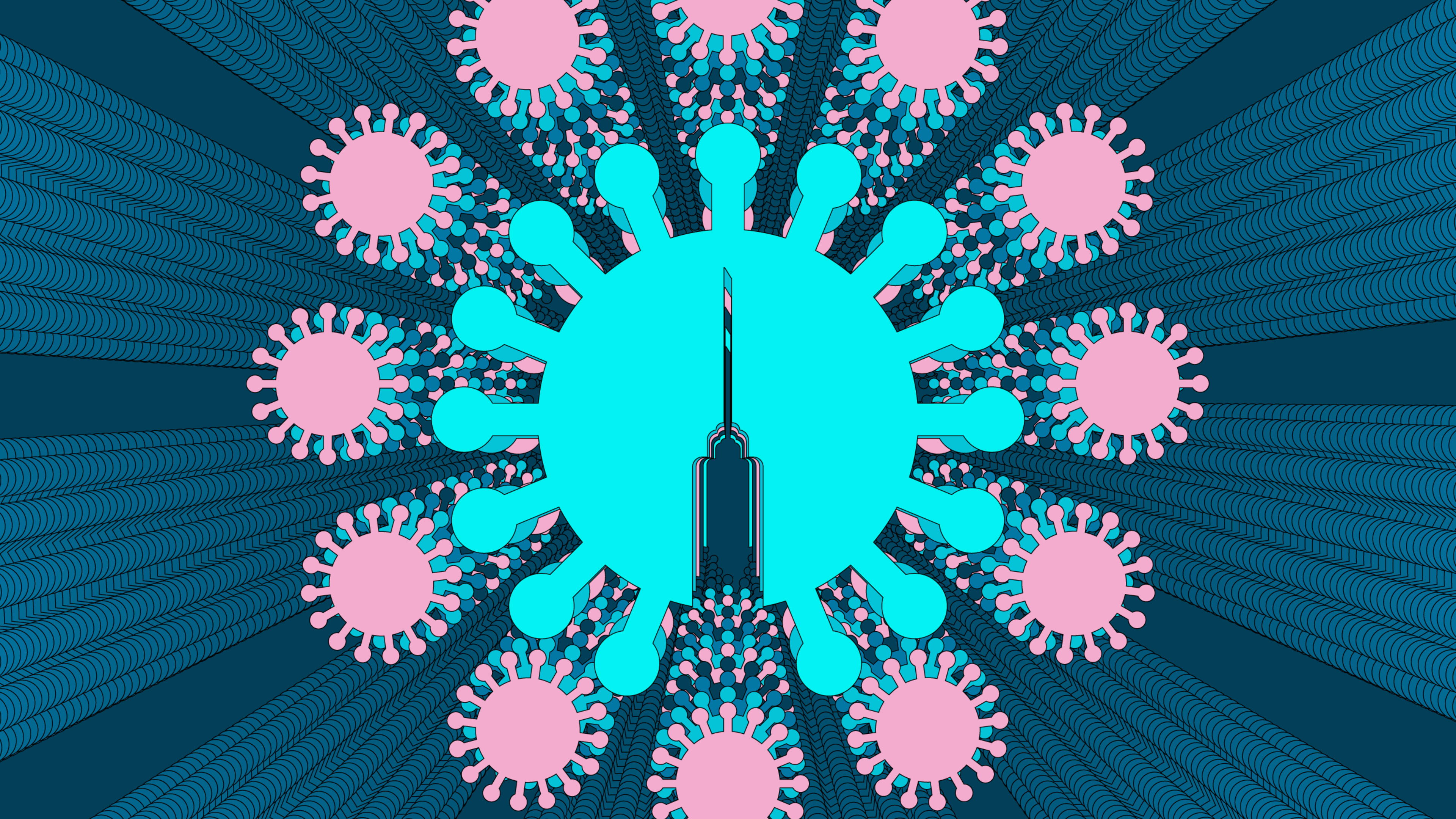It could take more than a year before a vaccine for the new coronavirus is available, and even that may be a wildly optimistic timeline, since the average vaccine development process takes 10.7 years. (On the other end of the spectrum, University of Oxford researchers say that they could have a million doses of their experimental vaccine ready by this September, and Chinese researchers have predicted the same for another vaccine.) But before a vaccine is ready, it’s possible that antibody treatments could become more widely used.
Traditional vaccines work by weakening a virus so that it can’t get you sick, but it still teaches your body to make antibodies to fight the virus in advance of an infection. Antibody treatments, instead, are made from antibodies from patients who have recovered, which are then injected in someone else to either help protect them from the virus or help them recover faster if they’re already ill. Other treatments use synthetic antibodies.
“Convalescent” plasma, from recovered COVID-19 patients, is already being used in multiple trials. “When you get a vaccine, you get something from the virus, and then you make your own antibodies,” Arturo Casadevall, chair of the Department of Molecular Microbiology and Immunology at the Johns Hopkins Bloomberg School of Public Health, explained in a recent video. “So, in the case of a vaccine, you are the factory. You make them and then you remember to keep making them. And that’s why vaccines protect us for a long time. In this case, you’re taking the antibodies that someone else made when they recovered, and then you’re transferring them to a new person, so the new person gets them already made and can use them right away.” Casadevall is leading an effort to test whether the treatment can prevent COVID-19 in healthcare workers or prevent infections from progressing to severe cases.
This type of treatment isn’t new—it was first used 120 years ago. But it isn’t yet clear how well it will work on SARS-CoV-2, the new coronavirus. Over the last several weeks, more than 7,000 people in the U.S. have been given the treatment, and researchers expect to have some early indications within weeks about how well it’s working, and more definitive answers within a couple of months. “What I like to caution people is yes, be optimistic,” Casadevall says in the video. “Yes, be encouraging. But realize that today we still don’t have the data to say clearly that this is going to work.”
Direct transfusions can’t easily scale up, but researchers are studying the blood of recovered patients to develop treatments cloned from their antibodies. Dozens of different treatments are already in development. The drug company Regeneron, which already makes antibodies to treat other illnesses including cancer, has two antibody cocktails in development that are expected to begin trials in June. The company aims to have hundreds of thousands of doses ready by August, using antibodies selected for their ability to stick the longest to the “spike” protein that the virus uses to enter human cells, potentially blocking infection.
GlaxoSmithKline and Vir Biotechnology are working on two other candidates. Celltrion, from Korea, is working on 14 different antibodies. Eli Lilly is working with AbCellera and separately with the Chinese company Junshi Biosciences to develop antibodies. AstraZeneca is working on antibodies. Vanderbilt University is working on antibodies. The biopharma company Sorrento recently partnered with Mount Sinai Medical Center to develop an antibody treatment it calls “COVI-SHIELD,” using mutations to increase how long three different antibodies last in your body. (The antibodies are used in combination to provide more protection if the virus mutates.) In another study, scientists harvested a special class of antibodies from a llama. Berkeley Lights is using new tech to screen for antibodies within hours rather than months. And the list goes on.
If the treatments are successful, they may be able to provide protection for as long as two months. Someone who has been working remotely could potentially get an antibody shot to help protect them as they return to the office, and then get another treatment in two months. There are some risks—in some cases in the past, antibody treatments have actually worsened infections. And for patients who are very sick, extra antibodies might lead to a dangerous storm of immune activity.
The treatments would also be hard to scale up. By one estimate, a massive billion-dollar biotech factory might be able to make enough antibodies for a million people in a year. It’s not clear how we could feasibly produce enough for everyone who might want or need it. Still, the treatments could be a valuable tool—and it’s likely that we’ll need multiple approaches to fight the disease, including antibodies, antiviral drugs, and eventually a vaccine. In the meantime, Casadevall says, “social distance is probably the best weapon for defense that we have right now. “
Recognize your brand’s excellence by applying to this year’s Brands That Matter Awards before the early-rate deadline, May 3.
